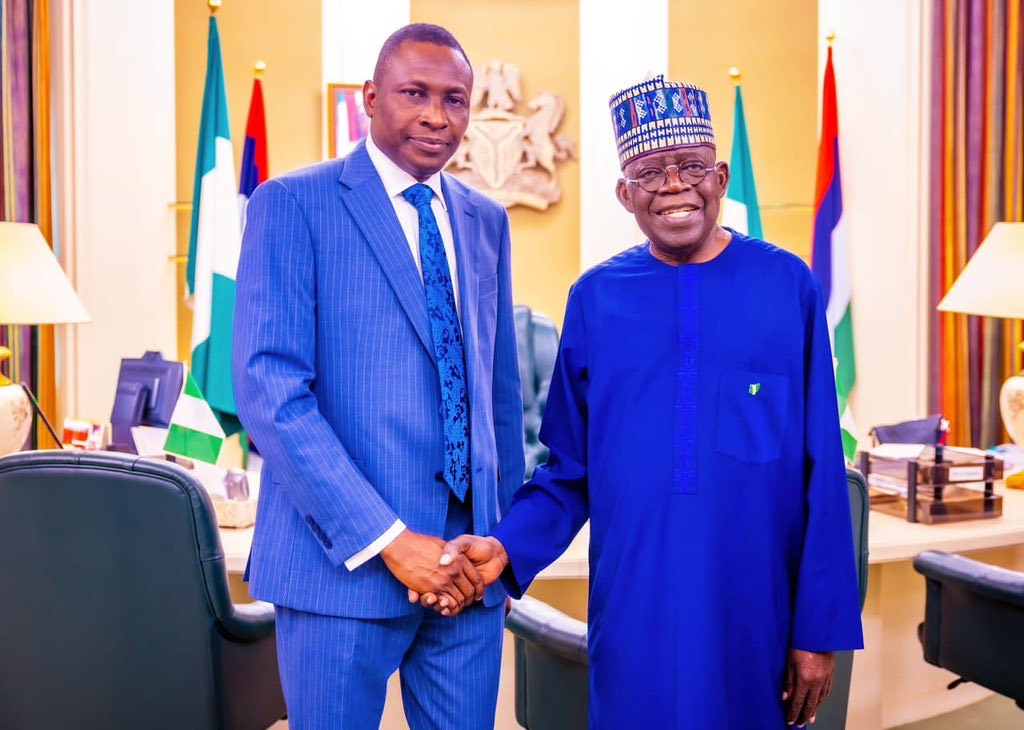For the fiscal year 2024, the Economic and Financial Crimes Commission (EFCC) has proposed a budget of N76.59 billion, a substantial increase over the budget from the year before. The 2023 appropriation of N49.91 billion was increased by 53.48% in the proposed budget, mostly as a result of an increase in personnel costs from N36.83 billion to N37.07 billion.
Ola Olukoyede, the chairman of the EFCC, presented the commission’s financial goals and the reasoning behind the higher budgetary requirements during a recent meeting with the House of Representatives Committee on Financial Crime. The three primary parts of the EFCC’s budgetary framework are capital costs, overhead, and people.
The commission has kept its personnel costs for 2024 at N37.07 billion, which is in line with the fiscal limit allotted. But there has been a significant increase in overhead costs, with a proposal of N14.51 billion compared to the original N4.79 billion envelope. The purpose of this increase is to meet the EFCC’s growing operational needs and mandate.
We Want Unity But Not At All Costs, Southeast Youth Leaders Charge
The proposed capital cost of N25 billion represents a substantial increase over the N1.24 billion limit. Olukoyede clarified that the commission’s continued expansion and the planned hiring of more employees in the upcoming year are the reasons behind this request.
The EFCC plans to raise its capital expenditure from N2.5 billion in 2023 to N25 billion in 2024, while its overhead expenses would rise from N10.53 billion to N14.5 billion over that same period. The commission wants to go from leasing zonal offices to owning its own structures in 14 zones outside of Abuja, the nation’s capital. The commission’s operations require increased cash for overhead because of the rising expenses of diesel, air travel, vehicle maintenance, and property purchase and maintenance.
The committee’s chairman, Ginger Onwucebe, a delegate from Abia State, emphasised the group’s dedication to aiding the government in its fight against financial crimes. He underlined how crucial it is to allocate resources strategically in order to enable the Nigerian Financial Intelligence Unit to combat the intricate and expanding menace of financial crimes to the nation’s economic stability and growth.
Follow us on Facebook
Post Disclaimer
The opinions, beliefs and viewpoints expressed by the author and forum participants on this website do not necessarily reflect the opinions, beliefs and viewpoints of Anaedo Online or official policies of the Anaedo Online.

